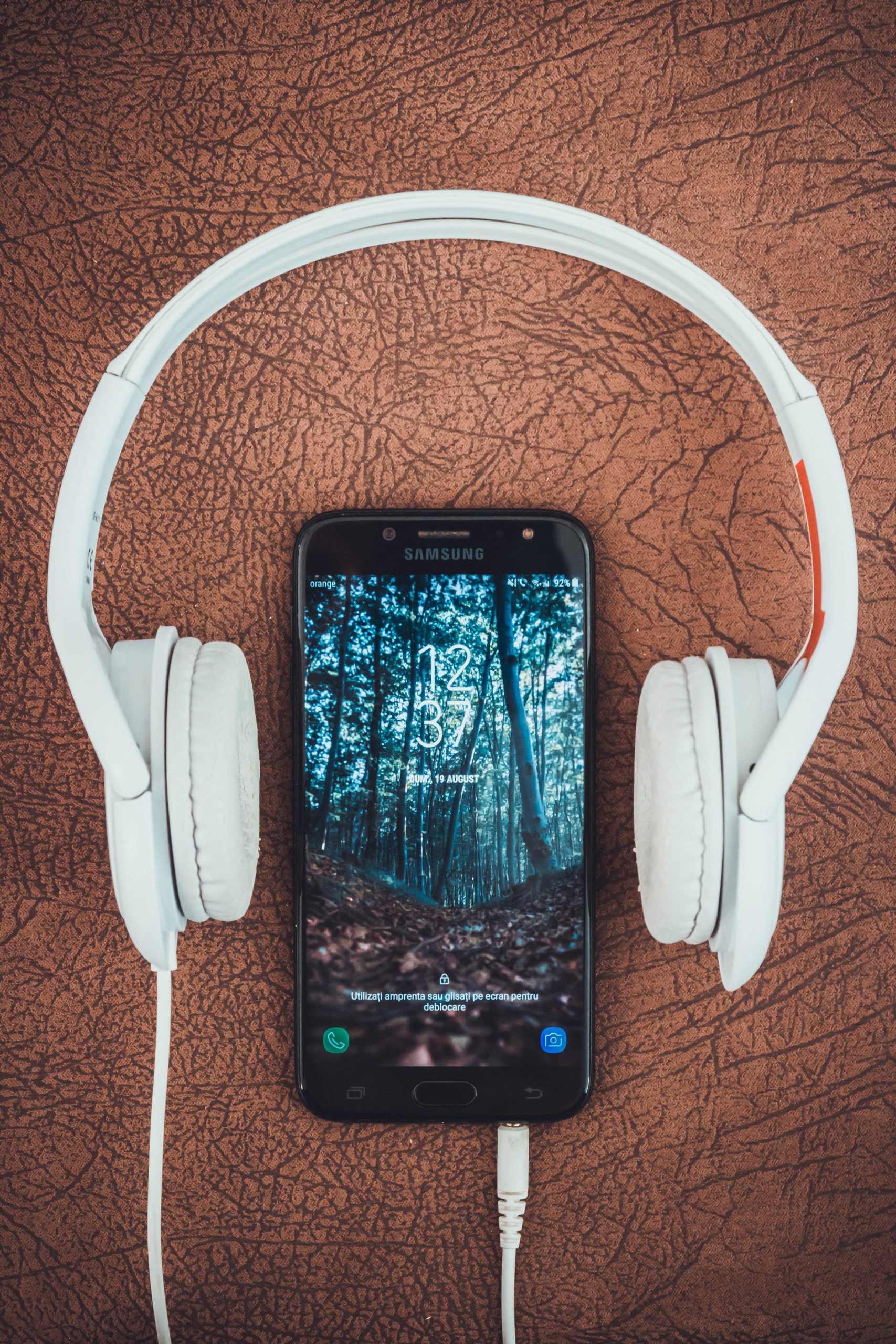
10 Mar Good Vibrations: The Benefits of Wellness Music
Wellness music leverages science and technology for audio balance in a video world.
Attention to “wellness music” is scaling up thanks to a perfect storm of technology advances, neuroscience research, and common-sense breaks from the screen-based visual dominance of our lives. Science is confirming the intuition  of a 17th-century author—music has charms to soothe the savage beast. Sophisticated playlists, even “generative” personalized tunes based on biofeedback and using artificial intelligence, naturally boost mental, physical, and emotional health. The field ranks No. 9 on the Global Wellness Summit’s 2020 Global Wellness Trends.
of a 17th-century author—music has charms to soothe the savage beast. Sophisticated playlists, even “generative” personalized tunes based on biofeedback and using artificial intelligence, naturally boost mental, physical, and emotional health. The field ranks No. 9 on the Global Wellness Summit’s 2020 Global Wellness Trends.
“Spotify, Apple Music, YouTube and other streaming sites are increasingly serving up playlists that focus on mood-changing, stress-reducing, help-people-sleep, focus-enhancing, meditative, improve-your-workout music and soundscapes—making wellness music a core homepage channel,” the Global Wellness report stated. “There are now endless loops of trance-y and tranquilizing music or channels for specific wellbeing intentions, and they boast millions of subscribers. Spotify is spawning ‘chill playlists’ such as ‘Deep Focus,’ ‘Peaceful Piano,’ and ‘Ambient Chill.’”
The sound sometimes resembles your parents’ New Age or ambiance music, but the science is serious. The National Institutes of Health has devoted $20 million over five years for research on the subject. “If we can pinpoint in the brain how music therapy works through the use of imaging and biomarkers, the hope is that we can improve its effectiveness and apply it more broadly to improve the lives of millions of people who suffer from neurological and other disorders,” Director Francis Collins said.
The Brilliant South Survey of 12,000 people in 12 countries by audio device manufacturer Sonos identified powerful impacts of music on mood, fitness, relationships, and productivity.
Mood
Nearly three-fourths of participants reported that listening to music reduces stress. More than one-third said music can make them laugh unexpectedly, and 40 percent said it could make them cry unexpectedly. More than half said a favorite song makes them happier.
Fitness
More than two-thirds said music motivates them to work out rather than skip, and more than half said music helps them work out longer and harder. In fact, three-fourths said music is more important to their workouts than supplements.
Relationships
More than three-fourths of the survey participants said they felt an instant connection when they discovered similar taste in music in another person, and 70 percent said it makes the other person seem more attractive. More than half said music makes for better sex. More than two-thirds said it eases family tensions and builds bonds. Studies show that singing and listening to music together impact brain chemicals involved in pleasure, closeness, and connection.
Productivity
More than 75 percent of survey participants said listening to music helps them produce their best work, and more than half said it contributes to their job success.
“Scientists have found evidence that we are wired to perceive and enjoy music as well as to bond with each other through music,” says Daniel Müllensiefen, a professor of music psychology at Goldsmiths College, University of London. “This explains why music is a ubiquitous part of the human experience, supporting the theory that music has a special, important function in our lives…. Music is unique in that it appeals to different psychological functions. It can trigger exactly the same areas in the brain that food and sex and other recreational activities and drugs can trigger. It can also be physical in terms of participating, like dancing along or playing drums.”
Learn more about wellness trends and plan to enjoy a therapeutic geothermal soak at Iron Mountain Hot Springs.
Gene Stowe
Latest posts by Gene Stowe (see all)
- Skin in the Game: High Altitude Skin Care - June 18, 2021
- J-Wellness: Health Trends that are Catching on in the West - May 13, 2021
- Active and Engaged: Senior Movement - April 9, 2021
- Good Vibrations: The Benefits of Wellness Music - March 10, 2021







